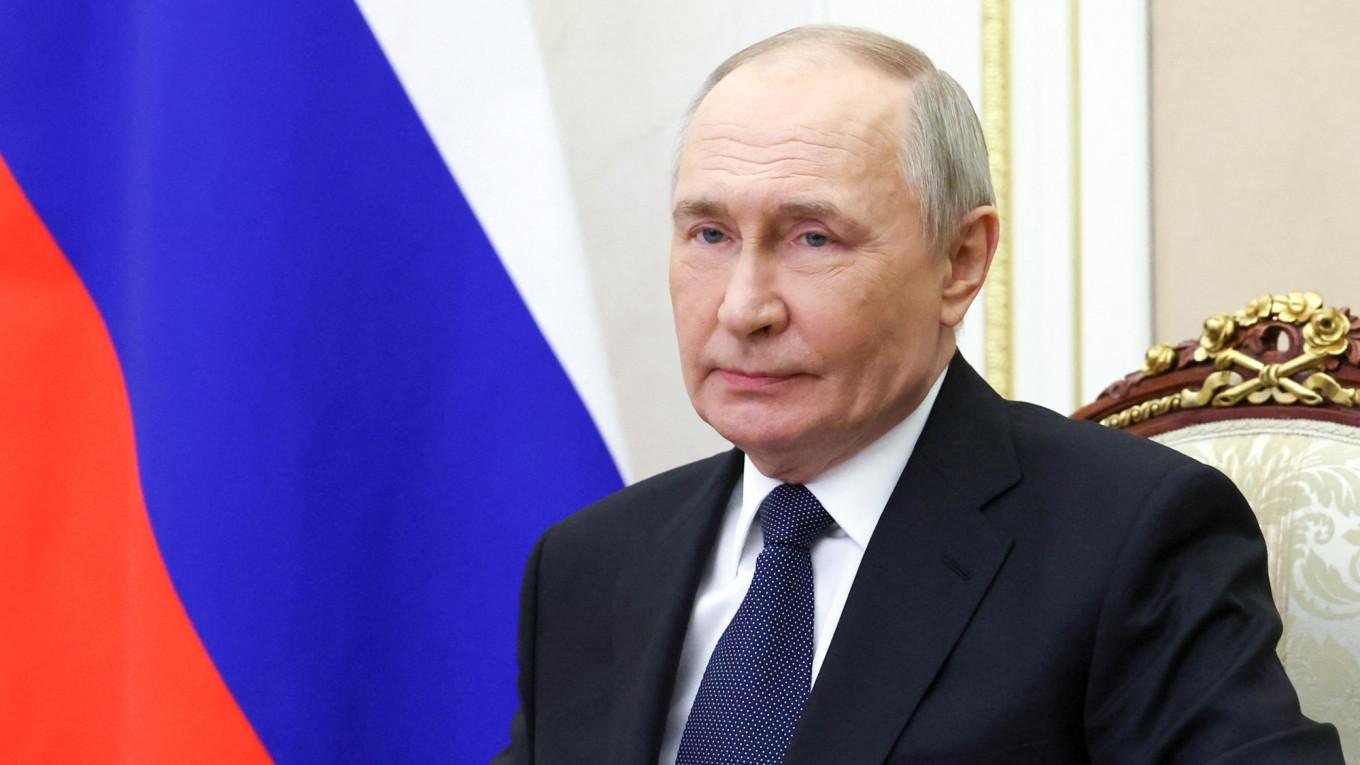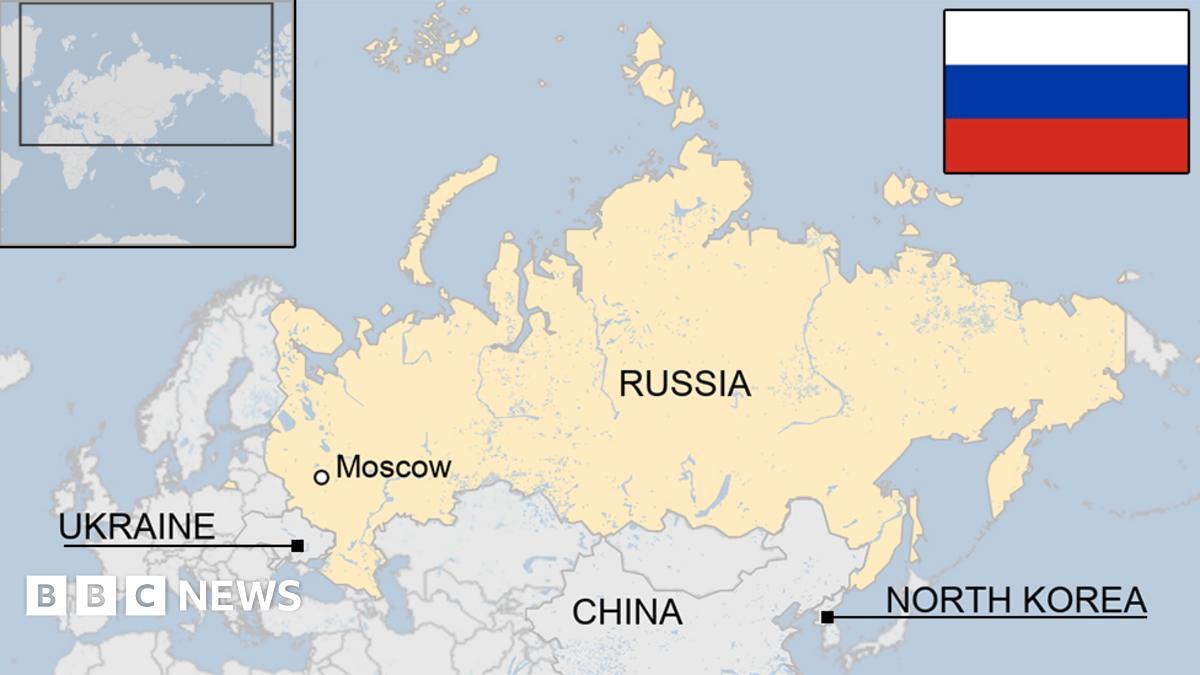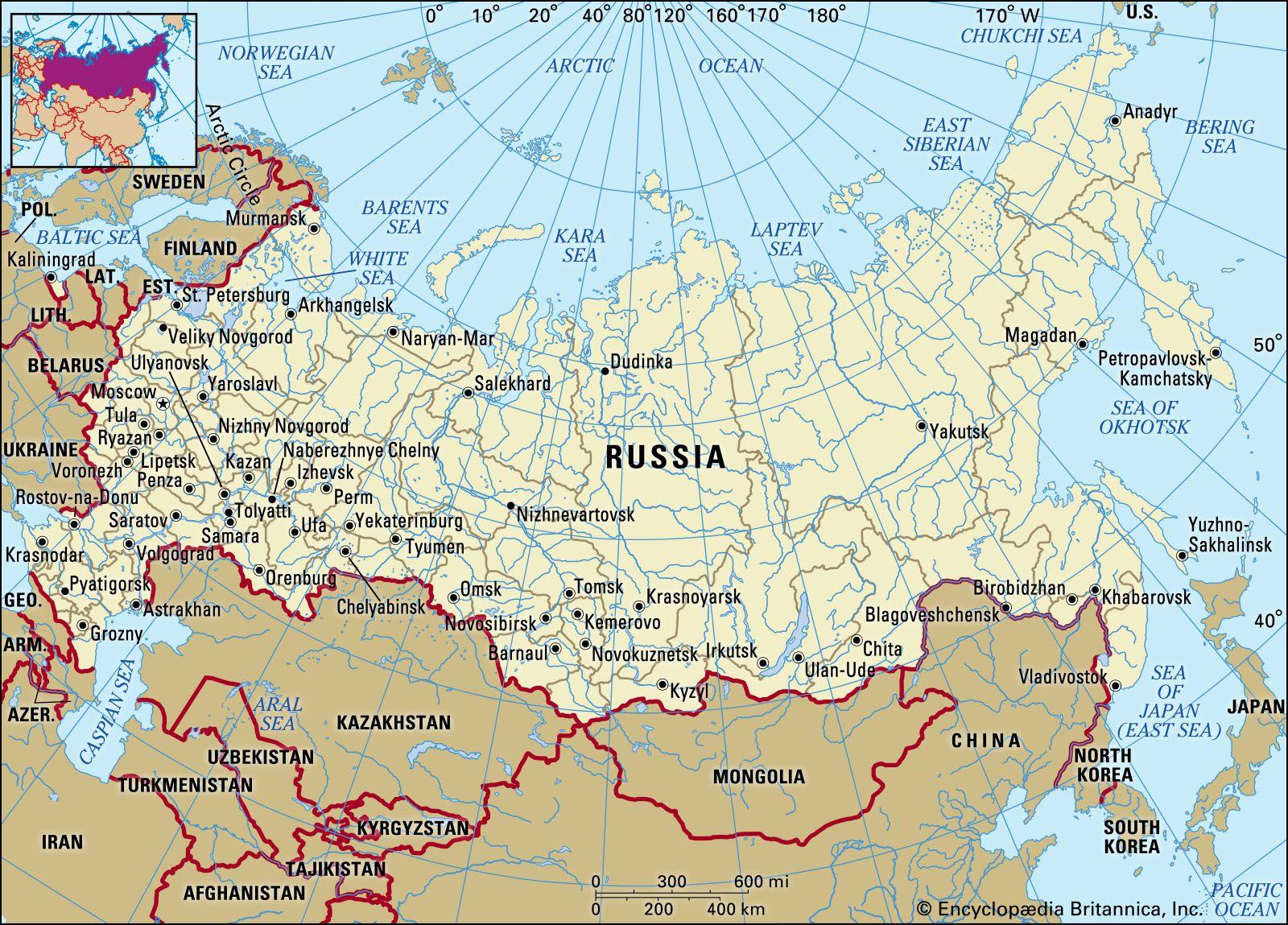Russia’s Controversial Terrorism Charges Against Ukrainians Raise global Concerns
The recent trial of captured Ukrainians in Russia, culminating in convictions on terrorism charges, has unleashed a storm of controversy and criticism from the international community. Observers suggest that the hearings, characterized by flagrant disregard for due process, are less of a legitimate judicial proceeding and more of a politically motivated spectacle designed to demonize Ukraine amidst an ongoing conflict. Key concerns raised by human rights organizations and legal experts include:
- Lack of fair trial standards, including inadequate legal representation for the defendants.
- Use of confessions obtained under duress and questionable evidence.
- The broader implications of labeling resistance fighters as terrorists, perhaps impacting international norms.
Several nations and international bodies have condemned the proceedings as a violation of international law and a strategic maneuver to stifle dissent against Russian aggression. With heightened tensions in the region, this case exemplifies the struggles faced by individuals caught in the crossfire of geopolitics. The convictions not only raise alarm over the fate of the accused but also serve as a grim reminder of the precarious nature of justice in conflict zones and the ever-evolving landscape of global security.

International Reaction: Calls for Accountability amid Allegations of Legal manipulation
As the convictions of captured Ukrainians by Russian authorities draw widespread condemnation, international leaders and human rights organizations are voicing a unified call for accountability. The trials, characterized by accusations of legal manipulation and political bias, have been described as an affront to justice. Key figures and organizations are demanding:
- Clarity in the judicial process to ensure fair trial standards.
- Immediate release of those wrongfully convicted on terrorism charges.
- International oversight to monitor the treatment and legal rights of detainees.
The international community’s outrage is palpable, with several countries condemning the actions of the Russian government as a violation of international law. Governments from around the world have echoed the sentiments expressed by Kyiv, asserting that the trials lack legitimacy and are politically motivated. In this context, leaders highlight the importance of upholding human rights, urging nations to stand against such practices that undermine the rule of law. Observers fear that without meaningful pressure, these actions could set a hazardous precedent in conflict zones where legal frameworks are manipulated for political ends.

The human Rights Implications of the Russian Trial: A Closer Look at Due Process violations
The recent convictions of captured Ukrainians in a Russian trial have raised serious concerns about the fundamental principles of justice and the integrity of legal processes. Observers have highlighted a range of violations that compromise the essence of due process, including:
- Lack of impartiality: The trials have been criticized for being conducted in a manner that favors the state, offering defendants little hope for a fair hearing.
- Limited access to legal representation: Many defendants were reportedly denied adequate legal counsel, undermining their ability to mount a proper defense.
- Use of coerced confessions: There are alarming reports of torture and mistreatment aimed at obtaining incriminating statements from defendants, leading to question the legitimacy of the charges against them.
These practices not only contravene Russia’s international legal obligations but also erode the public’s trust in judicial systems widely viewed as the backbone of democratic societies. Human rights organizations and international observers have condemned the trials as politically motivated, designed to suppress dissent and instill fear among the populace. With the backdrop of escalating tensions between Russia and Ukraine, the implications of these violations extend beyond individual cases and reflect a broader strategy to undermine human rights at a national level, ultimately jeopardizing the rule of law.

Strategies for Advocacy: Mobilizing International Support for the Convicted Ukrainians
The recent convictions of captured Ukrainians on spurious terrorism charges is not merely a judicial farce; it is a strategic maneuver by Russia to delegitimize Ukraine’s sovereignty and create a narrative that portrays the Ukrainian resistance as extremist. In response, a multi-faceted advocacy campaign is essential to rally international support and counter these narratives. Mobilizing international actors, including government officials, NGOs, and influential public figures, can amplify the urgency of the situation. key strategies include:
- Building Coalitions: Collaborate with international human rights organizations and coalitions that focus on political prisoners and war crimes.
- Engaging Global Leaders: Encourage world leaders to publicly condemn these trials and assert the legitimacy of Ukraine’s sovereignty.
- Public Campaigns: Use social media, petitions, and awareness campaigns to galvanize public opinion against the injustices faced by these individuals.
- Legal Action: Explore legal avenues through international courts to challenge the convictions and uphold humanitarian standards.
Furthermore, fostering narratives that highlight individual stories of the convicted can humanize the situation and galvanize empathy worldwide. Advocates should prioritize:
- Media Engagement: Ensure that international media covers the stories of those convicted, shedding light on their backgrounds and the circumstances of their capture.
- Visibility in International Forums: Raise awareness in forums such as the United Nations and various international humanitarian organizations.
- Cultural Outreach: Partner with artists, writers, and influencers to create content that resonates with broader audiences and emphasizes the theme of resilience against oppression.
